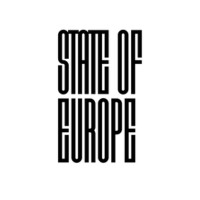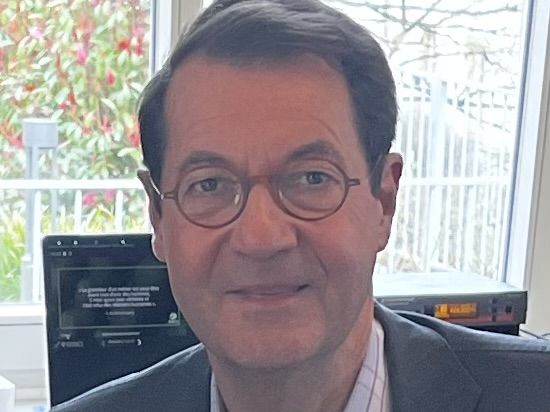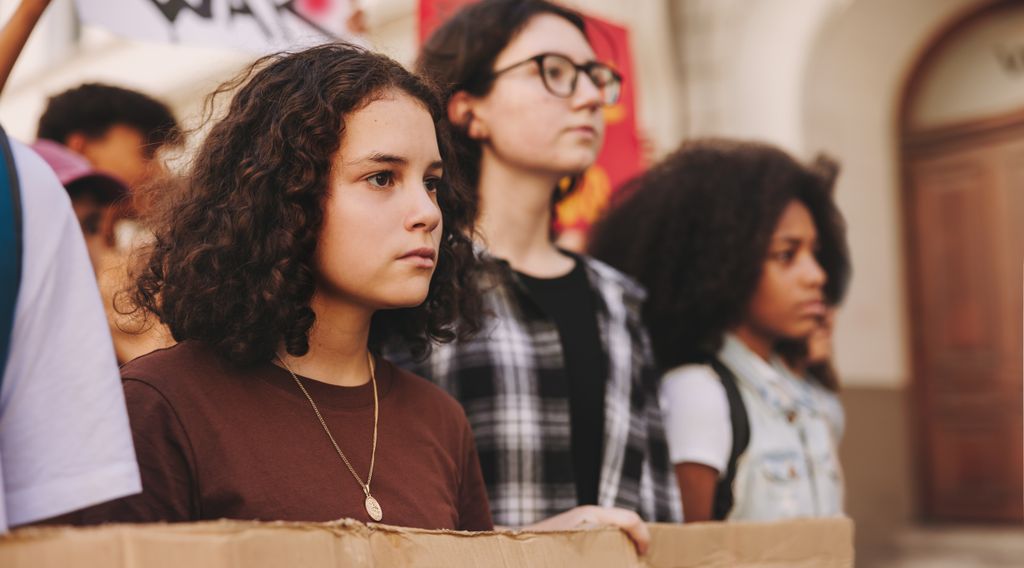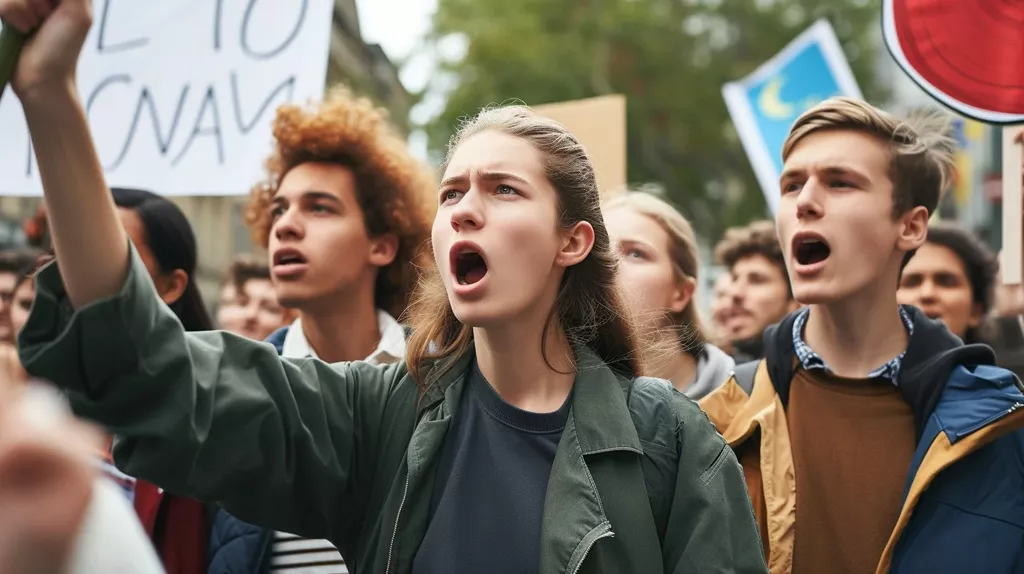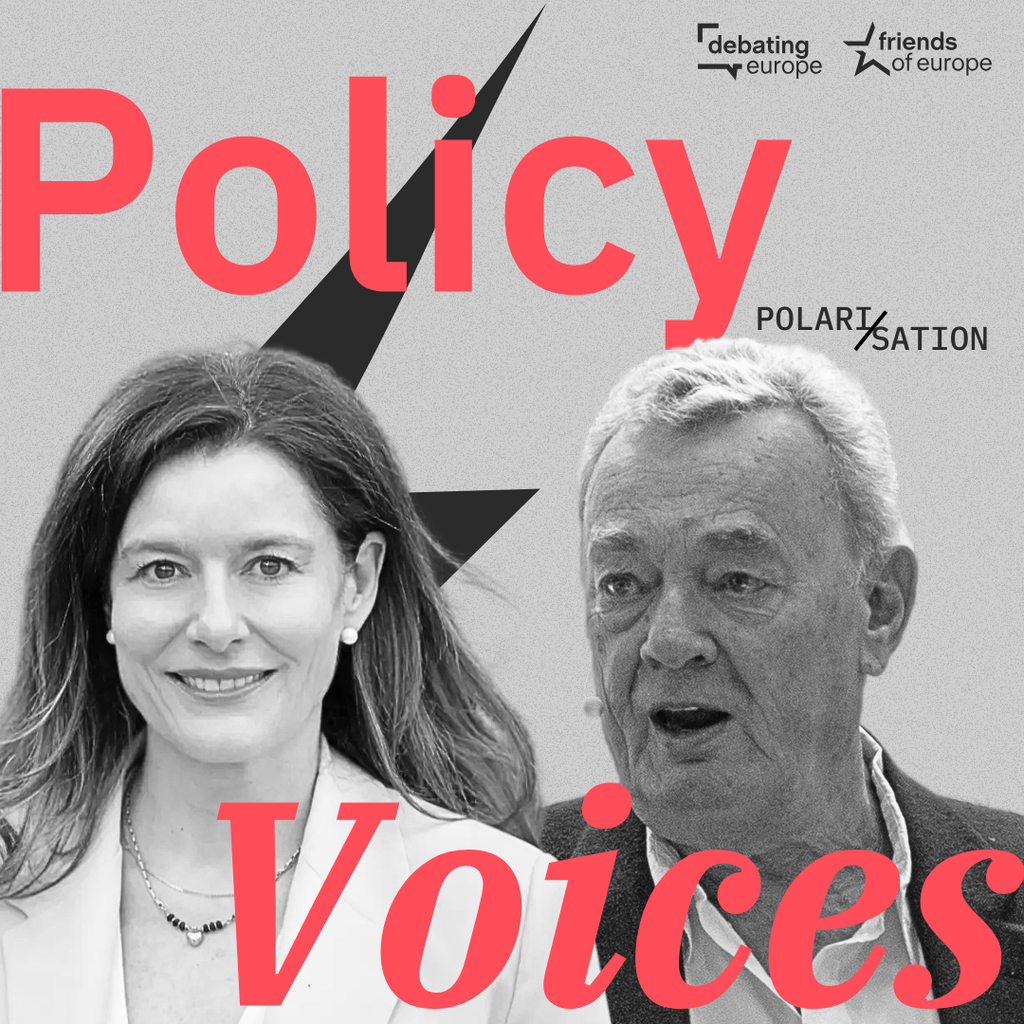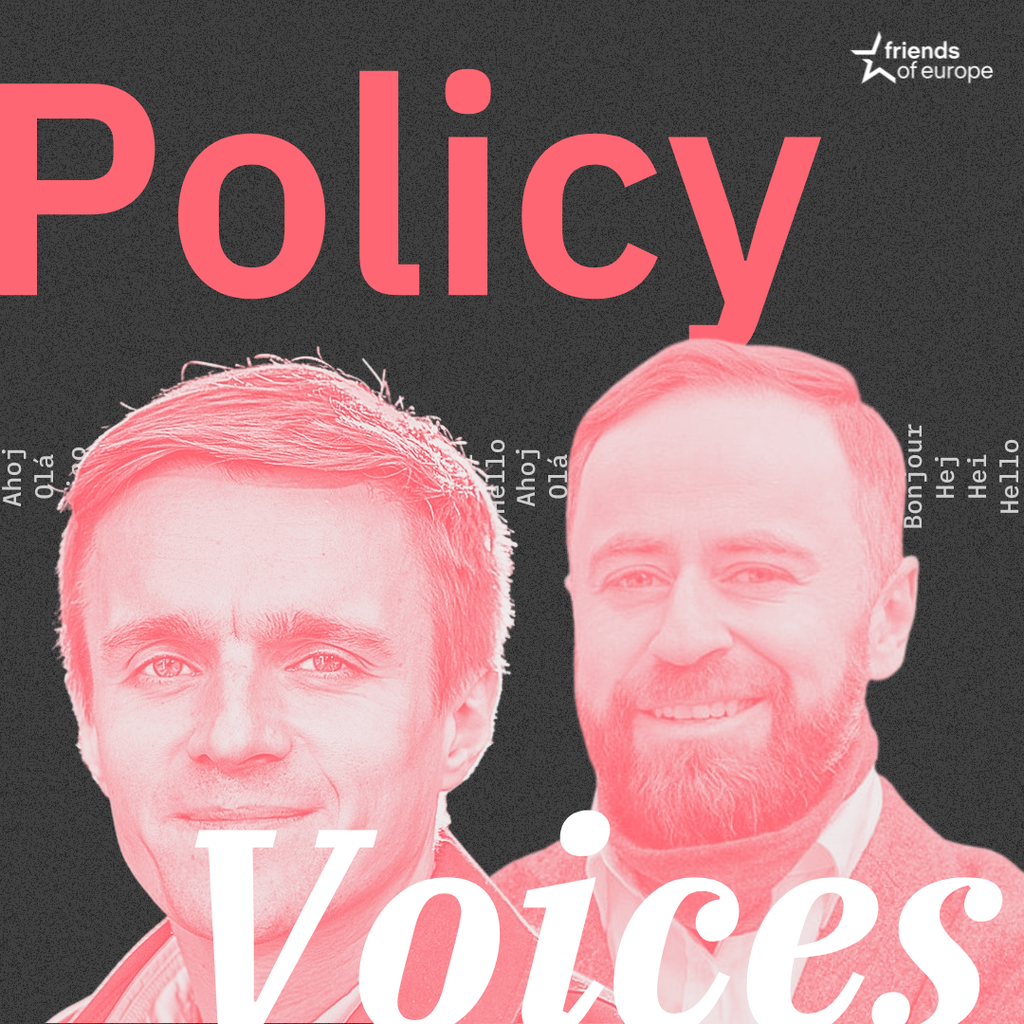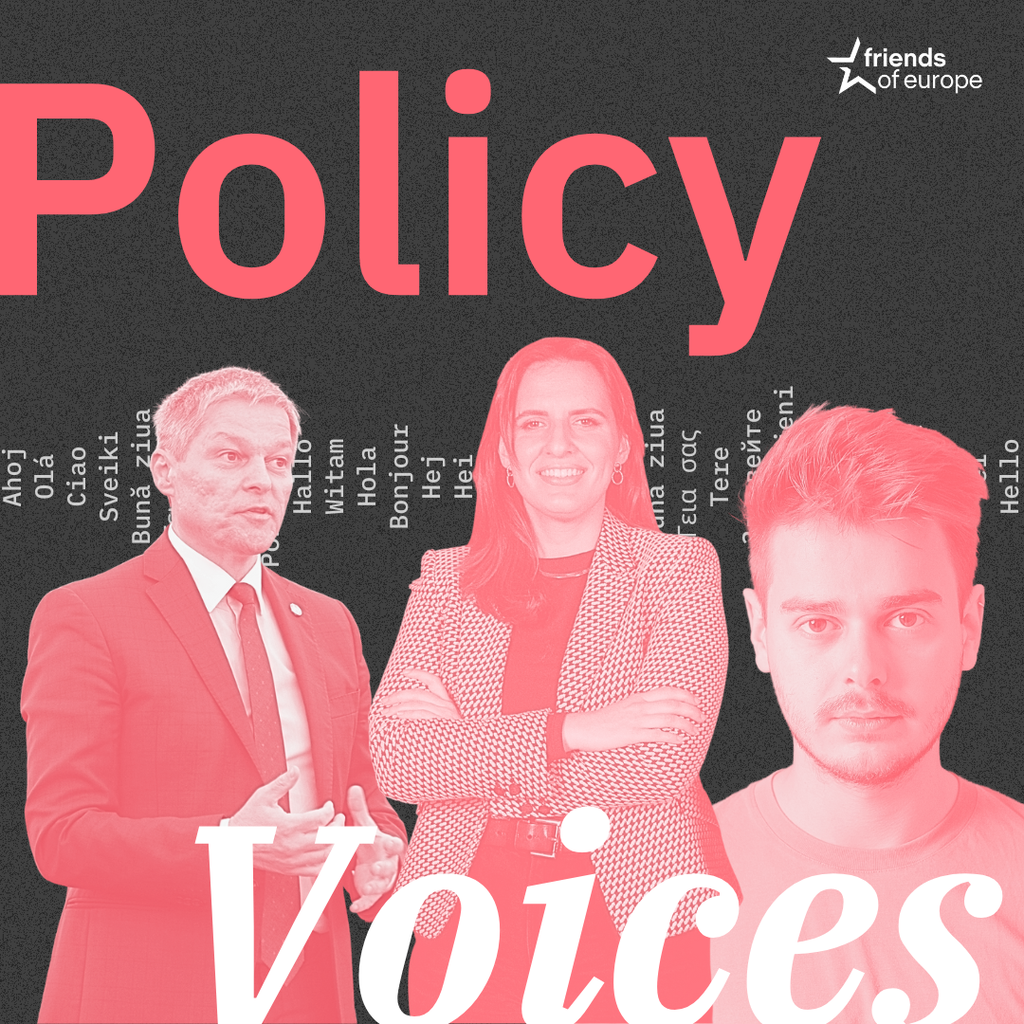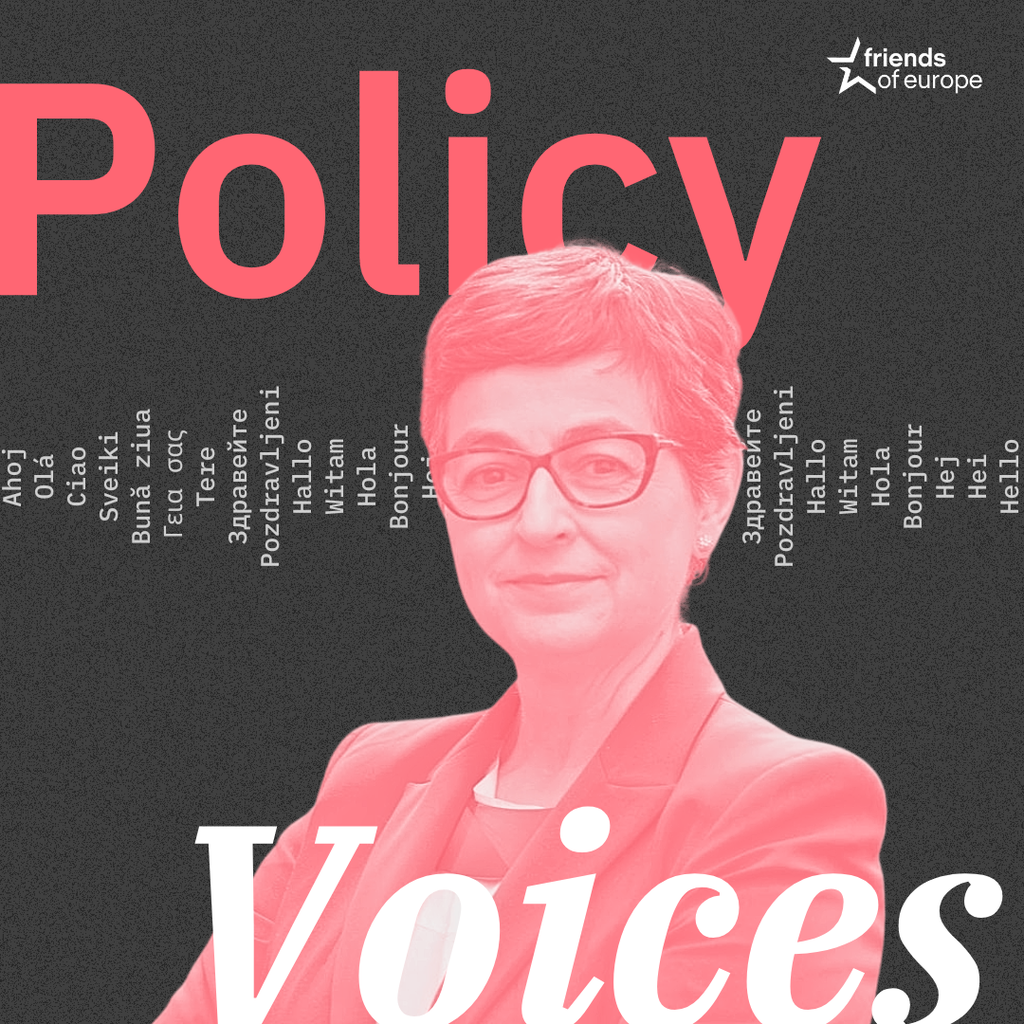With just a few months before the European elections, many parties in several countries are making no secret of their desire for Europe by sending MEPs who are, at best, eurosceptic.
In an extraordinary text from 1934, entitled ‘The Unification of Europe’, Stefan Zweig once again anticipated our contemporary situation: “We must be aware of the exceptional difficulties that stand in the way of the realization [of the European idea], for it belongs only to a thin upper layer that has not taken root in the humus of the peoples. Let us recognize the supremacy of the opposite idea, nationalism. The European idea is not original or instinctive but born of reflection. It is not the product of spontaneous passion but the slowly matured fruit of elevated thought. It lacks the enthusiastic instinct that animates patriotic sentiment.”
That’s why our leaders need to promote the idea of altruistic European feeling rather than nurture the idea of cold technocracy. Otherwise, it’s back to the nation-states, which, let’s face it, have all ended in hecatomb. What’s needed is an awakening of intelligence and feeling. Weakened by social movements and crucial European elections, 2024 will be decisive for the future of Europe. Like a cry repeated by a thousand sentinels of history, we must remember that every community is born and ends in humanity. The dazzle of strong men and the wonder of exclusive societies always end in catastrophe.
Zweig believed that men are machines for forgetting. But the future does not belong to those who shirk their responsibilities and are guided by imprecise thoughts that lead to indecisive actions. We need men of character. They will have to put themselves at personal risk. For, in crises and moments of perdition, those whose thought patterns are repetitive and obedient are cast aside by history. Men who let themselves be carried along by vague consensus and dominated by collective fears are neither actors of ruptures nor factors of progress. So, let’s make 2024 a year of awakening our intelligence and searching for the truth rather than surrendering to the emotional flow.
And isn’t it about time that political voices were raised to formulate moral values to guide the management of our countries? Everywhere in Europe, reminders of odious times are being recalled. But do they know, all those who adhere in all bonhomie to repressive ideas, that every man begins humanity, and every man ends it? Do they know that freedom and tolerance are struggles? Do they know that men have raised their heads rather than their guns, arms and chins for thousands of years?
Our times reveal the end of a model – the end of a model of complacency, lack of vision and lack of perspective. The time has come to raise the question of new times and to recognise that a modern universe is emerging that we have neither foreseen nor conjured up. This universe remains to be reinvented.
And we must doubt. For if doubt settles in for a few moments, it’s because Albert Camus was right when he asserted that the absurd is born of this confrontation between the human call and the silence of the world. Camus’ answer to the absurd is a revolt, in other words, confrontation with destiny. The light at the end of the tunnel is sometimes the beacon of a gigantic problem ahead. We must pull ourselves together. To rise to the occasion. To have women and men who emerge, surpass themselves, and give people the desire to surpass themselves.
Unless exclusion and ostracism are democratically shared choices, and thinking chooses to be bogged down, the question arises about what we want today. A society of openness, intelligence, justice and security? Or a fearful society that fragments social classes, territorial attachments, and linguistic and cultural affinities? I am convinced that individualism must be brought together in a collective project led by Europe at the service of social benevolence, resolutely focused on ensuring the harmonious well-being of future generations.
This will require a new, more balanced social and fiscal pact based on the stimulation of risk-taking and the promotion of entrepreneurship, the restoration of genuine social dialogue and absolute ecological consideration, even if these three objectives are contradictory in some respects and the short term.
The solution will also require rethinking social solidarity, not just spontaneous growth. The economic equation is now straightforward: strong growth has left Europe. Various factors explain this reality, but one phenomenon common to all economic scenarios is the unfinanced ageing of the population, which is altering growth through a lack of consumption and investment momentum.
We are entering a world with increasing societal volatility due to exacerbated physical and informational globalisation, corresponding to Anglo-Saxon capitalism, which is itself volatile and borrowing from the future. This world is becoming a market of increasing fluidity. The commercial sphere has spread its empire through the development of financial markets. The latter, by making it possible to negotiate the future, since they pit players with opposing expectations against each other, have also made it possible to borrow it. Therefore, expressing a value corresponding to expectations enables us to go back in time.
Without global state temperance, the world will suffocate in an economic system that accelerates its dynamics. In this pressurised context, emerging political forces find fertile ground to thrive, some personifying the illusory appeasement of a utopian world while maintaining the dangers and threats of the present world that opportunely make them so popular.
Again, Zweig reminded us that “it remains an inescapable law of history: it forbids contemporaries from recognizing from their earliest beginnings the great movements that determine their era.”
We don’t see the faint signals of history. We look to the future through the grids of the past. We look for repetitions of scenarios where history is nothing but amazement. Yet the crisis before us is a crisis of the end of industrial society. It is a crisis of modernity, in other words, a forward-looking crisis.
The absurdity of events only becomes apparent if we judge them against the yardstick of the short term. If there are political periods, we now need state time. We need to rediscover our moral compass. We need a strong Europe and vital regions, not in the sense of the authoritarianism they can exert, but of the authority they can radiate. Above all, we need a Europe that reassures us.
However, no consensual institutional solution can contribute to this since what matters is the creation of an ethos of trust: a long-term vision that promulgates social cohesion, political solidarity and economic benevolence.
The solution lies in moral values, integrated and respected. These shared values are solidarity and respect for others. First and foremost, it’s a question of civil and public education. This work will be ongoing because values are built more than postulated. Today, Europe is shaken by indecision and sometimes even anxiety. In the long term, we will all lose out whatever the future political configurations. Citizen and individual commitment are no longer enough. In the absence of a providential man, those who lead Europe must indicate, at the risk of unpopularity, the course of its social and political future within a soothing moral framework. The European continent needs more clarity about its future, whatever that future may be. In transposing to a country what he applied to man, perhaps the French author François Mauriac was correct when he said that our life is worth what it has cost in effort.
